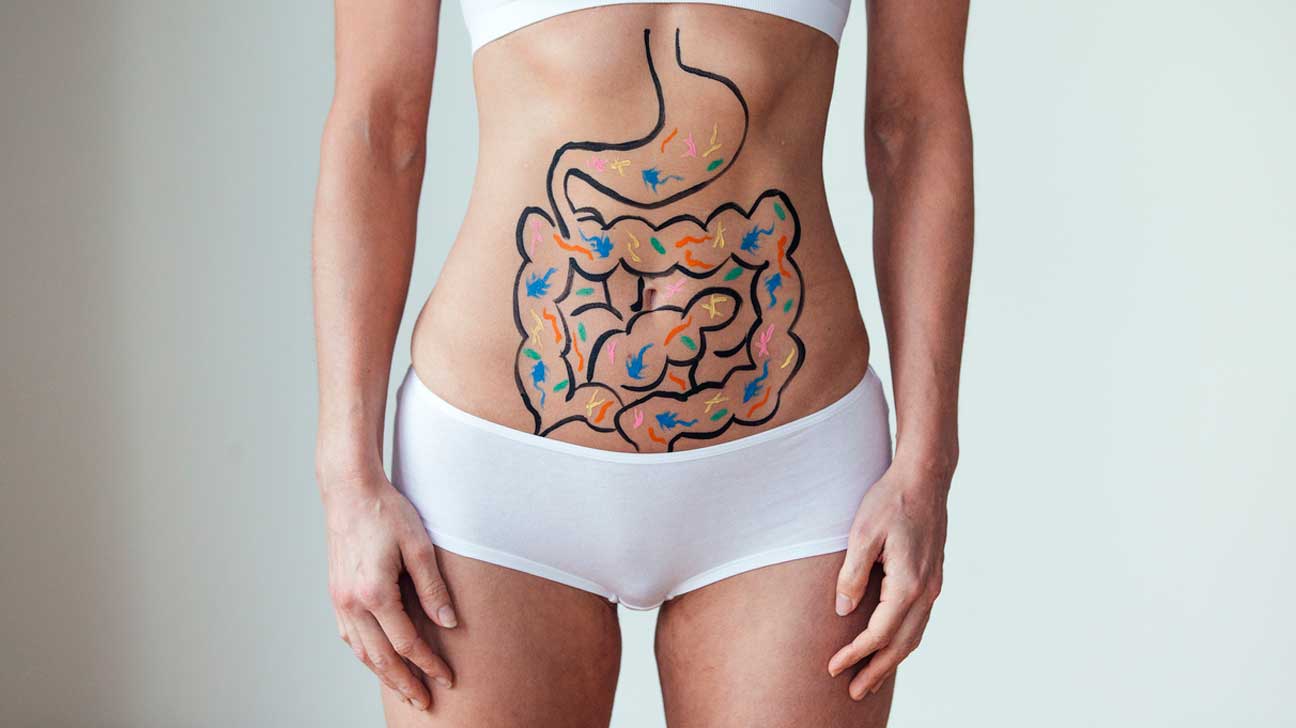
Obesity rates are rising globally. It’s a complex health problem. Many factors contribute to it. Genetics play a part sometimes. Lifestyle choices are very important. Diet and exercise are crucial. But new research points elsewhere. Our gut health is gaining attention. The tiny world inside us matters. It influences our body weight. This connection is becoming clear. Understanding it helps fight obesity.
The Gut Microbiome Explained
Our gut hosts trillions of microbes. They form a diverse community. This is called the gut microbiome. It includes bacteria, fungi, and viruses. Most of them are beneficial. They help with many processes. Digestion is a primary role. Nutrient absorption relies on them. They also produce vital compounds. A balanced microbiome is essential. An imbalance can cause problems. It affects overall body health.
Digesting Food and Nutrients
Gut microbes help break down food. They process fibers we can’t digest. This creates short-chain fatty acids (SCFAs). These SCFAs are beneficial compounds. They provide energy to gut cells. They influence metabolism too. A healthy microbiome efficiently extracts nutrients. It ensures our bodies get what they need. An imbalance can alter this. It might lead to poor absorption. Or perhaps over-extraction of calories.
Influence on Metabolism
The microbiome impacts metabolism. Certain bacteria are more efficient. They extract more energy from food. This means more calories are absorbed. Even from the same meal. Other bacteria are less efficient. This difference can affect weight. SCFAs also influence fat storage. They can impact how our bodies use energy. This metabolic link is significant. It shows the gut’s power.
The Gut-Brain Axis
Our gut and brain communicate. This is the gut-brain axis. It’s a two-way street. Gut microbes send signals to the brain. These signals affect appetite. They influence satiety too. We feel full or hungry. Hormones play a role here. Stress also impacts this axis. An imbalanced gut can disrupt signals. This might lead to overeating. It can cause poor food choices. This connection is deeply complex.
Inflammation and Weight Gain
A disrupted microbiome causes issues. It can lead to gut inflammation. This condition is called dysbiosis. Inflammatory molecules can leak out. They enter the bloodstream easily. This triggers systemic inflammation. Chronic low-grade inflammation is harmful. It contributes to insulin resistance. This makes weight loss harder. It promotes fat accumulation. The gut plays a central role. Reducing inflammation helps.
Impact on Insulin Sensitivity
Insulin helps regulate blood sugar. Cells absorb glucose with insulin. When cells resist insulin, problems arise. This is insulin resistance. It’s common in obesity. The gut microbiome affects this. Certain bacteria can worsen it. They produce compounds that interfere. A healthy microbiome can improve it. It helps keep blood sugar stable. This directly impacts weight management. Controlling insulin is key.
Gut Permeability Issues
The gut lining is a barrier. It keeps harmful substances out. Beneficial microbes strengthen this barrier. An imbalanced gut weakens it. This leads to gut permeability. Sometimes called “leaky gut.” Undigested food particles escape. Toxins can also pass through. This triggers an immune response. It increases systemic inflammation. This further contributes to obesity. Protecting gut integrity is vital.
Bile Acid Metabolism
Bile acids help digest fats. They are made in the liver. Gut microbes modify bile acids. These modified acids have roles. They influence metabolism directly. They affect fat absorption. They also impact glucose control. An altered microbiome changes this. It can lead to metabolic dysfunction. This affects energy balance greatly. It contributes to weight gain.
Microbiome Differences in Obesity
Studies show distinct differences. Obese individuals often have less diversity. Their microbiomes are less varied. They might have more of certain bacteria. For example, Firmicutes might dominate. Less Bacteroidetes are present often. These ratios are under scrutiny. They might influence calorie extraction. This suggests a microbial signature. It links to a higher BMI. However, cause and effect are still studied.
Dietary Interventions Matter
What we eat shapes our gut. A diverse diet fosters diversity. Fruits, vegetables, and whole grains help. They provide essential fiber. Fiber feeds beneficial bacteria. Processed foods harm the microbiome. They lack fiber and nutrients. Sugary drinks are also damaging. A plant-rich diet promotes balance. It supports a healthy gut. This indirectly aids weight management. Food choices are powerful tools.
Prebiotics and Probiotics
Prebiotics are food for microbes. They are non-digestible fibers. Onions, garlic, bananas are sources. They stimulate beneficial bacteria growth. Probiotics are live beneficial microbes. They are found in fermented foods. Yogurt, kefir, sauerkraut are examples. Supplements also contain them. Both can help rebalance the gut. They support a healthier microbiome. This can positively impact weight. Consult a doctor before use.
Fecal Microbiota Transplants (FMT)
This is an emerging treatment. It involves transferring stool. From a healthy donor to a patient. The goal is to reintroduce good microbes. Research is ongoing for obesity. Early studies show promising results. It has altered metabolism in some. It’s not a routine obesity treatment. More research is needed here. It highlights the gut’s power. This novel approach is fascinating.
Beyond Diet and Exercise
The gut adds a new dimension. Obesity isn’t just about calories. It’s also about calorie utilization. And gut signals to the brain. Understanding the microbiome expands options. It offers new avenues for treatment. It reinforces holistic health. This complex picture is evolving. We learn more every day. The gut is a critical player. It’s a frontier of research.
Future of Obesity Treatment
Targeting the gut seems promising. Personalized approaches might emerge. Tailored diets based on microbiome. Specific probiotics for individuals. This could revolutionize treatment. It offers hope for many. The future looks exciting. Science continues to advance. The gut holds many secrets. Unlocking them will help us all.
